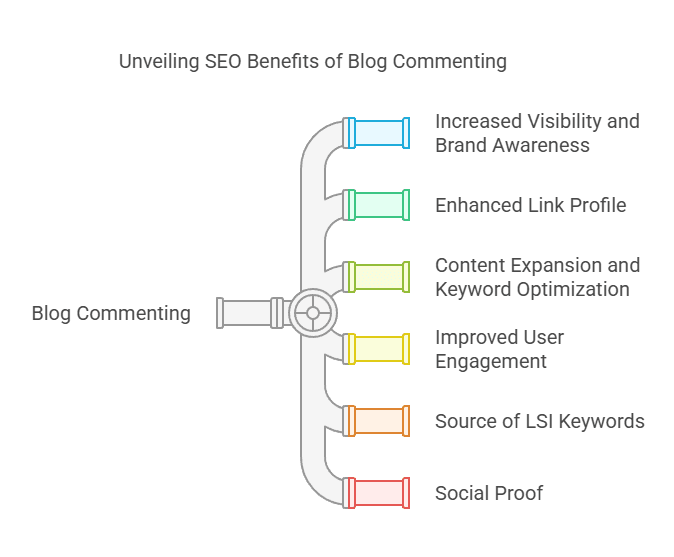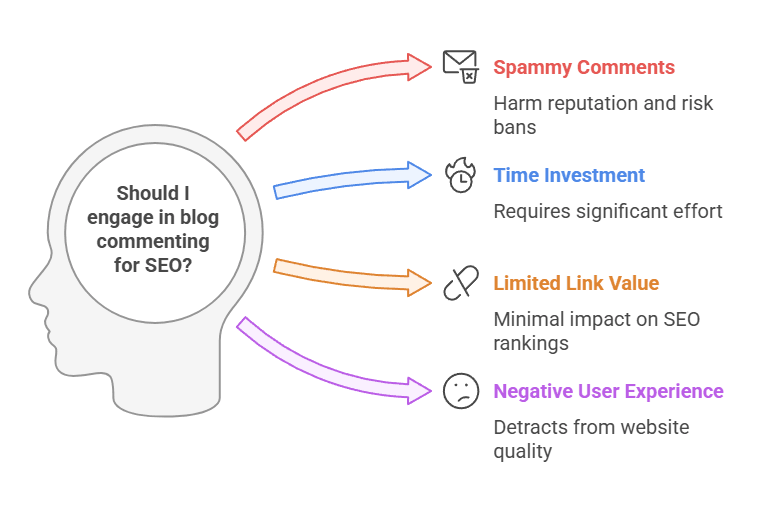This guide explores everything you need to know about using blog comments to boost your website's SEO. While some may think blog commenting is outdated, it offers valuable benefits when done strategically. We'll dive into how it impacts SEO, best practices, potential downsides, and successful strategies to maximize your results.
The Impact of Blog Commenting on SEO
Blog commenting can positively influence your SEO in several ways:
- Increased Visibility and Brand Awareness: Actively participating in relevant industry discussions increases your brand's visibility and establishes you as an authority in your niche.
- Enhanced Link Profile: While most blog comment links are nofollow (meaning they don't directly contribute to your website's authority), they can still drive referral traffic and improve your website's overall link profile.
- Content Expansion and Keyword Optimization: Engaging comments can expand the content of a blog post, introducing relevant keywords and providing valuable information to readers. This can improve the post's search engine ranking and attract more organic traffic.






